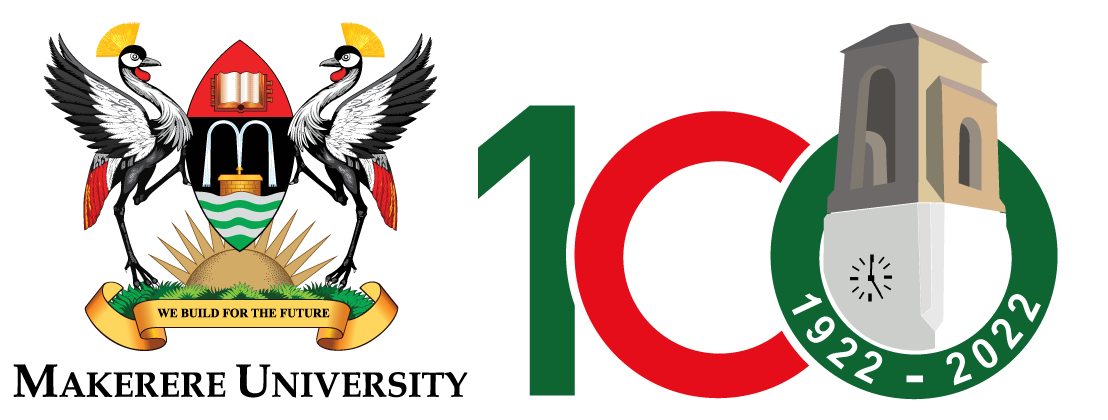The Dean of the School of Economics, College of Business and Management Sciences (CoBAMS), Makerere University invites you to a Viva Voce examination for Mr. Jordan Paul Semwanga on Wednesday, 23rd of April 2025, at 2PM in the College Conference Hall, Makerere University.
Title: “Crop production and welfare effects of using sludge manure among rural households in selected districts of central Uganda.”
ABSTRACT
The quality of arable soils has continuously deteriorated in Uganda. This has resulted into reduced crop production and constrained household welfare especially among the poor and agro-based households. Many farm households have tried to adapt to the losses in soil fertility through the use of inorganic and organic supplements. Although, a vast body of literature exists that demonstrates the positive impact of either inorganic or organic supplements but one can argue that little evidence exists about the impact of sludge manure on household crop production, household welfare, and the economic viability of its use. Thus, this dissertation examines the impact of sludge manure on rural farm households’ economic outcomes. To elaborate, the dissertation address three key specific objectives which include; (1) examined the impact of sludge manure adoption on household crop production, (2) investigated the welfare effect of sludge manure adoption among rural farm households and (3) evaluated the economic viability of using sludge manure in maize production.
The study employed a quasi-experimental design. Specifically, Propensity score matching, Endogenous switching regression and a partial budgeting analysis framework were employed as tools of analysis. The key results from this dissertation include; (1) sludge manure adoption leads to increased crop yields of say green bananas, maize, coffee and cassava crops (2) the results shows that using sludge manure improve per capita household food expenditure and per capita total household expenditure for adopters compared to non- adopters, (3) applying sludge manure in the production of maize, yields a higher marginal rate of return and this means that it is economically viable for household farmers to use sludge manure other than using inorganic fertilizers. In terms of recommendations, the study recommends promotion of sludge manure as a pathway of increasing crop yields and eventually crop income which facilitates household welfare. Still, since majority of smallholder farmers are financially constrained, the use of sludge manure is recommended because it is cost effective in the production of crops like maize.
Supervisors
Dr Aggrey Niringiye (PhD)
Senior Lecturer, Makerere University, School of Economics.
Dr. John Sseruyange (PhD)
Lecturer, Makerere University, School of Economics

